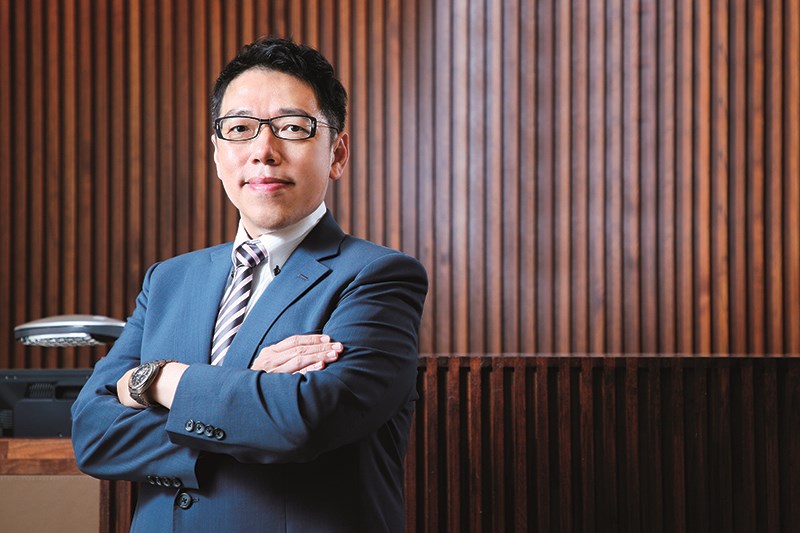Deputy Editor of the Taiwan Banker
Regaining society's trust is a priority

Recently, an unexpected blackout not only caused inconvenience on a hot summer day; it also raised doubts about the government's ability to deliver on its promise of a nuclear-free Taiwan by 2025. Prior to the blackout, people had already been concerned about the situation, as there have been constant warnings about the need to conserve electricity, green energy development has been slow, and the country is highly dependent on liquefied natural gas for electricity. Energy policy is not the only area in which the government risks losing the people's trust. The public is also concerned about the prospects for long-term care, pension reform, development of different industries and even the Forward-looking Infrastructure Development Plan. The people hope that the government is able to expeditiously implement the policies it has announced. If these policies become mired in long delays, it will be more difficult to implement them in the future, and Taiwan's future opportunities will be compromised. With the current wave of democracy and internet technology, civil society has flourished in Taiwan. However, trust among different groups in society is weakening. We can see from a number of recent studies that people have low levels of trust in important authority figures such as government officials, elected legislators, judges and journalists. This means that people do not trust the current political or information communciations systems to work properly. As a result, it is harder for the government to enact important reforms. From the standpoint of sociology, "trust" refers to a certain relationship in which people give up some of their autonomy - give it to those who they trust - in exchange for lowering future risks. When a solid base for trust exists, individuals in society can abandon their own existing biases, be tolerant of each other, and strive for the same utilitarian goals. At the national level, building trust is essential to lead a country forward. People will only give support to political leaders when the leaders have their full trust. People must have confidence that the leaders will make the correct decisions. When a country's leaders gain the public's trust, it is then possible for them to accomplish a great deal. In this issue of Taiwan Banker, we report on food safety and compliance. We explore how different industries work to strengthen trust with their customers and move into line with global standards, such as with blockchain technology and better training of people. Enhancing food safety and money-laundering controls are essential to reverse worrying societal trends. In the case of Taiwan's high-speed rail network, the trains run on time, and link the economies and communities of the northern and southern parts of the country more closely. Thus, the people trust the high-speed rail network. We also expect the government to soon adjust its direction and work to rebuild trust with Taiwan's citizens. This is critical to avoid a widespread collapse of trust in the government among the nation's people. Indeed, we must endeavor to restore the people's faith in the country's national operations.



